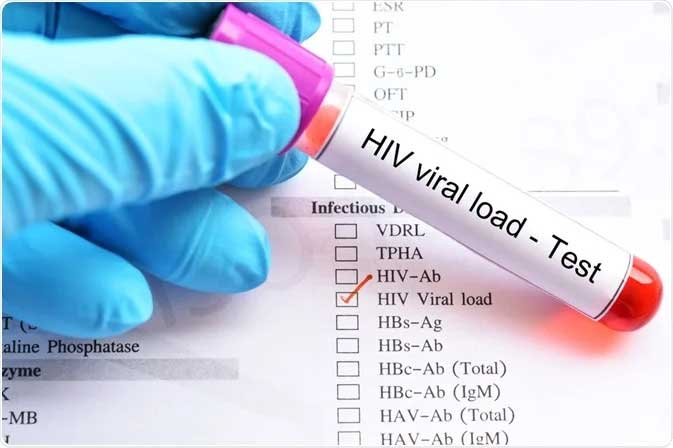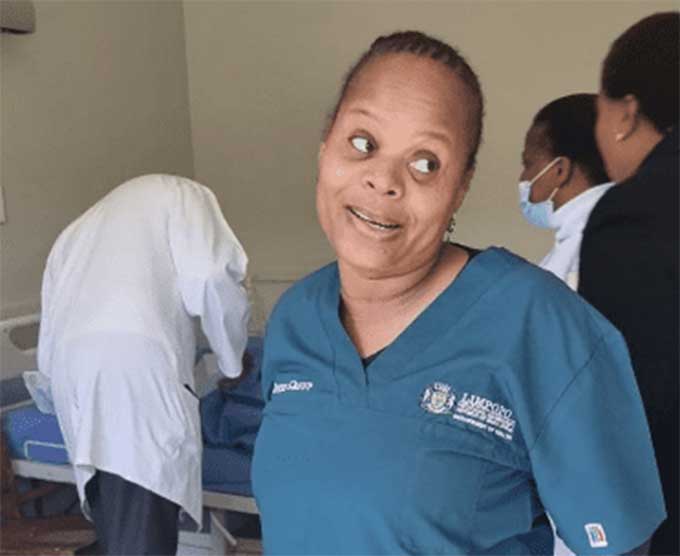
By Tariro Mhute/Pardon Maringe
Behind the famous National Flats in Mbare, you will find Mathew Fungai* in his makeshift barber shop with a plastic and wood roof and walls made from cardboard boxes.
The streets are busy, a common feature in the oldest high-density residential area in Zimbabwe.
A dreadlocked gentleman hangs from a commuter omnibus dressed in low-slung blue jeans and worn-out sneakers shouting, “town here?” colloquial language commonly used by touts which means “are you going to town?”.
Fungai greets his third customer of the day with a fist bump. Fungai is a single father raising his nine-year-old son, Tapiwa* and like many parents and guardians, he is determined to make a living in the fast-paced town.
Both Fungai and Tapiwa are living with HIV.
The journey
Fungai married his now ex-wife in 2011 – she never disclosed her HIV status and used to take her antiretroviral (ART) medicines without Fungai’s knowledge. He only found out about their HIV status when he got sick.
- Chamisa under fire over US$120K donation
- Mavhunga puts DeMbare into Chibuku quarterfinals
- Pension funds bet on Cabora Bassa oilfields
- Councils defy govt fire tender directive
Keep Reading
“I loved and trusted her, until now I don’t understand why she failed to disclose her status,” Fungai said.
“I discovered later that she used to hide her ART medicines in one of her bags.
“I only found out after Tapiwa was born and at that time I was now very sick and had lost so much weight.
“I went to the local clinic and tested positive for HIV.
“I wanted to commit suicide, but the nurses counselled me, and they encouraged me to bring both my then wife and Tapiwa for an HIV test as well.”
Fungai said that was when he discovered that his ex-wife used to collect her ART medicines at that same clinic.
“Tapiwa also tested positive for HIV, and we were all enrolled on ART,” he said.
One fateful morning in 2017, Fungai’s wife left home and never returned. Tapiwa was only four years old.
“The departure of my wife was a huge blow and I used to wonder how I was going to raise Tapiwa on my own,” Fungai said.
“What was I going to say when he asks for his mother?” Fungai asked.
“All these questions were left unanswered in my mind. I was completely clueless.
“She took all her belongings and has never returned ever since — until now I don’t even know where she went.”
I had to pick up the broken pieces of our lives and provide for my son. I opened the barber shop.”
Light at the end of the tunnel
However, in October 2019 Tapiwa and Fungai were enrolled into the Pathways project after being identified by a project community childcare worker (CCW) working in Mbare.
“I believe Gogo (the CCW) is heaven sent; she came into my life at the right time,” Fungai said.
“When she approached me, I was a bit skeptical but when she explained her work and that she assists several people in the community I opened to her.
“At that time Tapiwa’s health was deteriorating. I thought I was doing everything right.
“But Gogo offered health education on the type of food we should be eating and that we should take our medicines at the same time daily.
The Pathways Project is funded by the US government’s President’s Emergency Plan for Aids Relief (PEPFAR), through the United States Agency for International Development (USAid) to support Zimbabwe’s HIV response and child protection systems so that orphans and vulnerable children (OVC) become healthy, stable, safe, and schooled.
Pathways is being implemented by Catholic Relief Services (CRS) in partnership with Caritas Harare in Mbare, Stoneridge and Hopley Farm; with various other partners in eight other districts across Zimbabwe.
Pathways contributes to epidemic control through two main streams: DREAMS, aimed at preventing new HIV infections among adolescent girls and young women (AGYW); and reaching other OVC with HIV prevention, treatment, care, and social services.
With the support of trained community cadres, the CRS Pathways partners with the Ministry of Health and Child Care (MoHCC) in monitoring children living and affected HIV.
The CCWs are based in various communities and work closely with CRS partners and the clinic ensuring a bidirectional referral pathway to ensure that children like Tapiwa and their caregivers get support at both community level and at the health facility.
The timely intervention
At enrollment, Tapiwa’s HIV viral load was above 100 000 copies/ml, which means the level of the HIV virus was high.
The Pathways project, through Caritas Harare supported Tapiwa with viral load tracking and Enhanced Adherence Counselling (EAC).
Caritas Harare worked closely with the community cadre in monitoring Tapiwa; she constantly sent SMS reminders to Fungai for their routine clinic checkups.
Because of support from Pathways project and clinic staff, Tapiwa’s viral load lowered to 903 copies/ml which means he is now virally suppressed.
The Pathways and clinic teams continue to work together to get the viral load down to undetectable levels.
To do this, the CCW continues to check on his adherence every month. Caritas Harare is working closely with Fungai so that Tapiwa gets a birth certificate for enrolment into a formal school so that he qualifies for the government BEAM educational support scheme.
“I never understood what viral load means until I was enrolled into Pathways,” Fungai said.
“Now look at my son and I.
“We adhere to our ART medicines and with the support of Pathways, I also disclosed to Tapiwa why he is taking medicines every day using what they call the ‘soldier game’.”
Fungai said he was scared to engage his son, but through counselling the son now understands that those medicines keep him strong and healthy.
Why viral load testing?
According to research, viral load testing is important because it helps people living with HIV and health workers know if ART medicines are working to suppress HIV virus multiplication.
When one achieves viral suppression, there are few virus copies to attack and weaken their immune system, hence they stay healthy.
If viral load is unsuppressed, this prompts health workers to intervene in a timely manner before one gets sick.
Health workers will assist to establish the causes of the unsuppressed viral load as well as coming up with a treatment plan for the patient to become virally suppressed as in, the case of Fungai and Tapiwa.
This sometimes includes changing the ineffective antiretroviral medication to more efficacious ones before one develops drug resistance, illness and ultimately death.
Knowing one’s viral load promotes motivation to adhere to treatment, staying in care as well as seeking help early for timely intervention.
Most importantly, the chances of HIV transmission by people with a suppressed viral load is almost zero, simplified by the mantra “Undetectable=Untransmissible”.
From a public health perspective, identifying patients with high viral loads early can prevent HIV transmission from pregnant mothers to their unborn babies, lactating mothers to their infants, and among sexual and drug injecting partners.
Pathways continues working with various communities to enhance resilience of OVC and getting to zero new HIV infections in Zimbabwe!
*Not real name
- Tariro Mhute is the communications, documentation and accountability officer at Catholic Relief Services – Pathways Project (tariro.mhute@crs.org) while Dr Pardon Maringe is the HIV facility linkages specialist at Catholic Relief Services – Pathways Project (pardon.maringe@crs.org)










